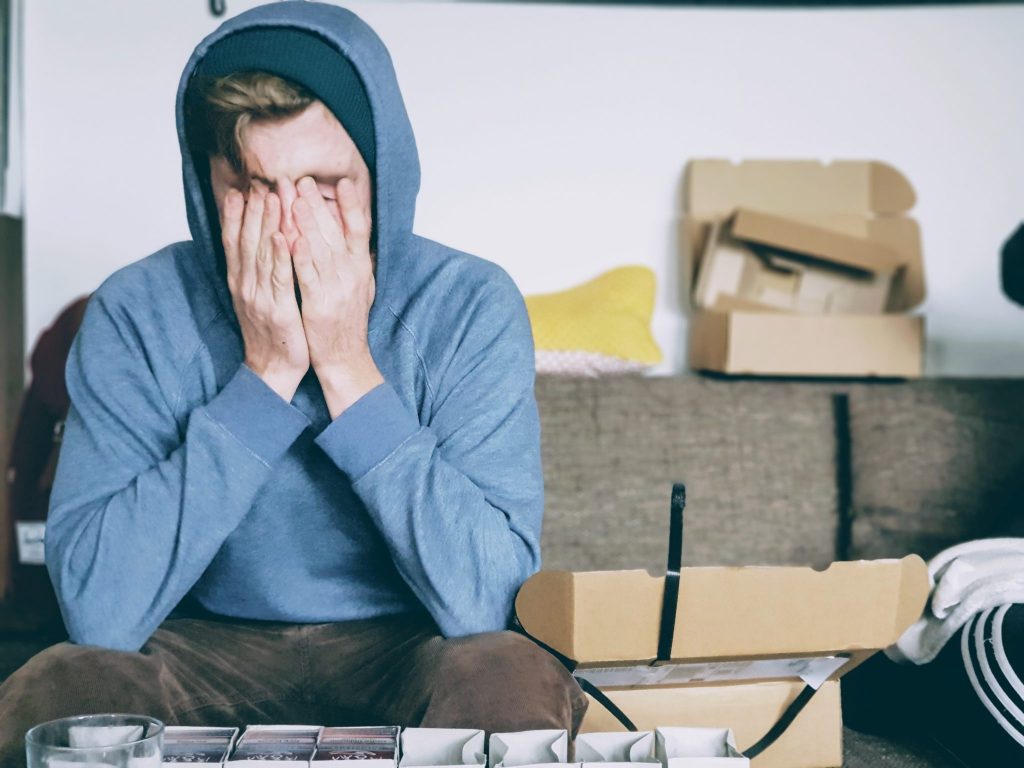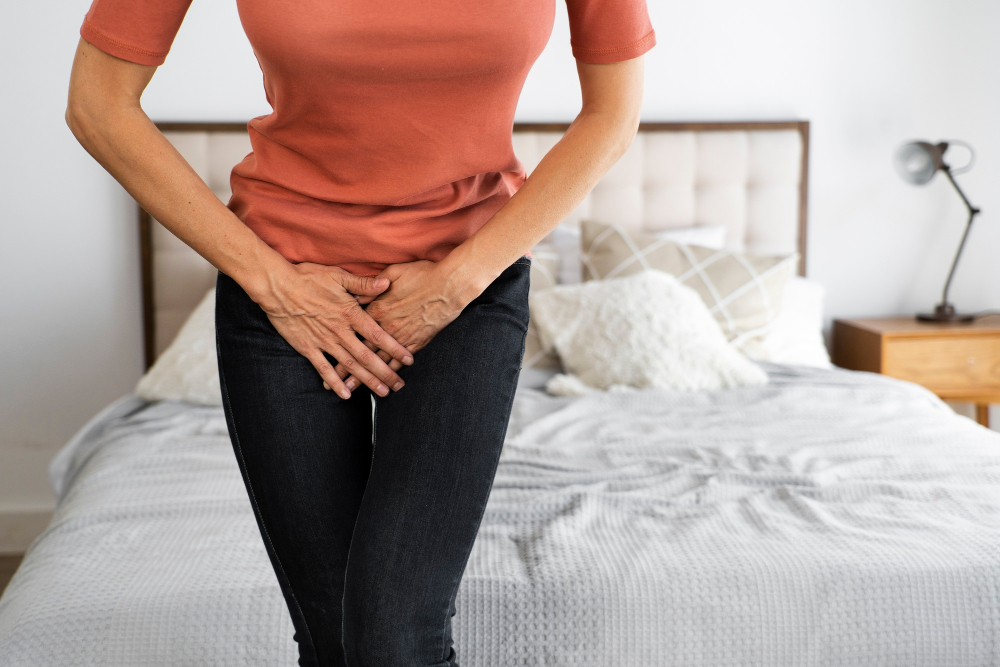Practicing emotional sobriety can help you avoid relapsing into a destructive cycle. In this article, we will talk about techniques that can help you stay sober no matter how you’re feeling. We’ll also discuss the benefits of emotional sobriety and its challenges. Keep reading to learn more about how you can practice emotional sobriety and its challenges.
Techniques for practicing emotional sobriety
Emotional sobriety involves developing healthy coping mechanisms to deal with negative feelings and situations. In achieving this goal, you will learn how to cope with different emotional experiences and will be less likely to relapse into addictive behaviors. You may also find it helpful to research techniques for practicing emotional sobriety online. Some examples include:
One of the techniques for practicing emotional sobriety involves finding a way to feel connected to other people. This can be achieved through exercise, martial arts, yoga, or meditation. A third technique to practice emotional sobriety is self-forgiveness. You should learn to forgive yourself for mistakes, as they often teach us valuable lessons. Forgiving yourself means moving on from a difficult experience. Forgiving yourself means understanding and accepting yourself as the person you are and the things that caused them to feel that way.

One technique to practice emotional sobriety is to accept all emotions without judgment. This is vital for emotional stability. Similarly, practicing emotional sobriety involves acknowledging and processing mild negative emotions without giving into them. To practice emotional sobriety, you should work to heal your traumas, learn to acknowledge even the mildest negative emotions, and cultivate ways to be happy and grateful.
Techniques to stay sober no matter what you’re feeling
While it’s difficult to stay sober, you can learn to deal with relapse and avoid relapsing by using holistic methods. These methods are an excellent way to increase your happiness without resorting to substances. They release endorphins naturally, allowing you to feel good and clear your mind. In addition, these techniques can help you to avoid harmful behaviors and triggers that lead to relapse.
Try picturing yourself as a fish. This exercise can help you observe your thoughts from a distance and avoid thinking about your next drink or binge. While doing this, try to play some relaxing music. This will help you to focus on your breathing, which can also distract you from the thoughts you’re having. Once you’re in a relaxed state, try and focus your attention on the present instead of worrying about the past.

Benefits of practicing emotional sobriety in recovery
Practicing emotional sobriety in recovery helps you to reframe the way you perceive yourself. For example, it can help you to see your failures as a lesson, instead of a reason to relapse. It also helps you to let go of old grudges and move on from negative encounters. Furthermore, practicing emotional sobriety can help you become master of yourself, which means that you can make good choices without worrying about consequences. This helps you to be more productive and enjoy your own company.
While the physical aspect of recovery is of primary importance, mental health and emotional well-being are just as important. If you are unable to manage your feelings, it may lead to substance use and relapse. Emotional sobriety helps you learn how to control your emotions, so that you won’t feel the need to use substances. While it may sound simple, it’s important for those in recovery from substance abuse to practice emotional sobriety.
Challenges to achieving emotional sobriety
The challenges to achieving emotional sobriety vary from one individual to another. Some strategies work better for some people than others. The length of time it takes to learn how to control one’s emotions will also vary. In this article, we will look at five strategies for achieving emotional sobriety. These strategies include therapy like cognitive behavioral therapy, and they all involve the use of rational thought.
Practicing emotional sobriety requires practicing the ability to recognize and acknowledge negative thoughts. While it is important to be happy with life, emotional sobriety is also important for your recovery. It can be challenging to learn how to avoid spiraling thoughts and focus on positive things instead. For this reason, emotional sobriety requires patience and maturity. You should be able to recognize your own reactions and those of others to make the best decision for your own self.



